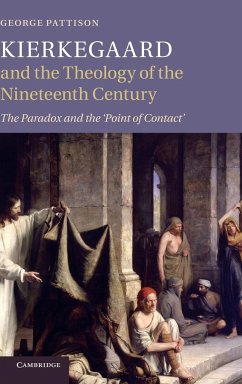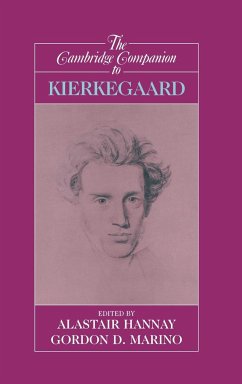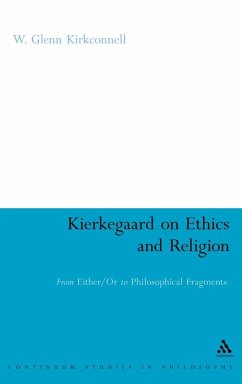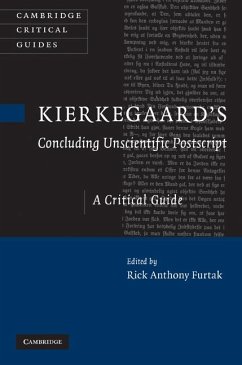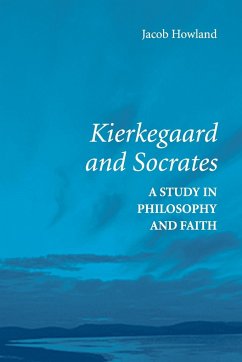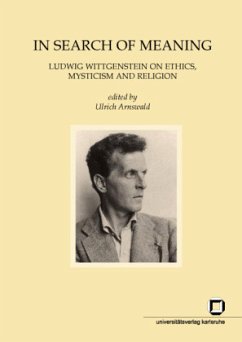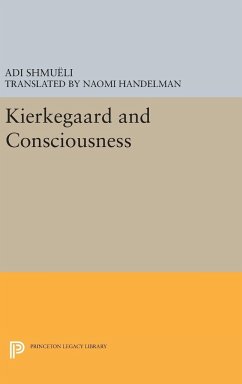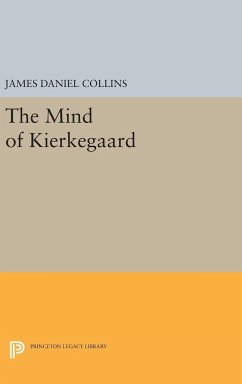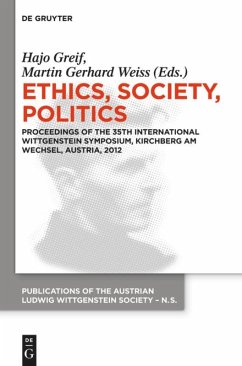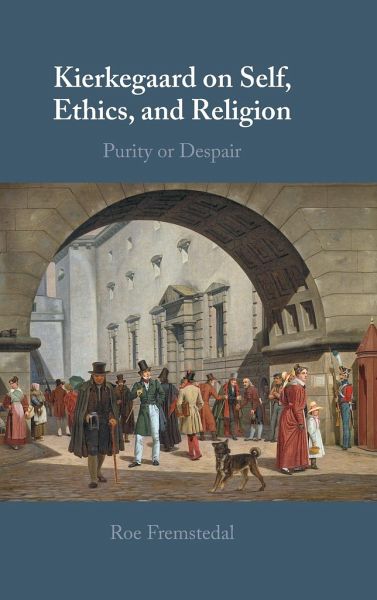
Kierkegaard on Self, Ethics, and Religion
Versandkostenfrei!
Versandfertig in 1-2 Wochen
92,99 €
inkl. MwSt.
Weitere Ausgaben:

PAYBACK Punkte
46 °P sammeln!
"The present work reexamines the importance of the Danish philosopher and theologian S²ren Kierkegaard (1813-55). It argues that many of Kierkegaard's most controversial and influential ideas are more relevant than ever. Specifically, it shows how we can make good sense of ideas such as subjective truth, "the leap" into faith, and "the teleological suspension of the ethical." When properly understood, none of these ideas are as problematic as commentators have long assumed. This book shows that Kierkegaard offers a novel account of wholeheartedness that is relevant to discussions of personal ...
"The present work reexamines the importance of the Danish philosopher and theologian S²ren Kierkegaard (1813-55). It argues that many of Kierkegaard's most controversial and influential ideas are more relevant than ever. Specifically, it shows how we can make good sense of ideas such as subjective truth, "the leap" into faith, and "the teleological suspension of the ethical." When properly understood, none of these ideas are as problematic as commentators have long assumed. This book shows that Kierkegaard offers a novel account of wholeheartedness that is relevant to discussions of personal identity, truth, ethics, and religion (particularly after Frankfurt, MacIntyre, C. Taylor, and Williams). Concluding Unscientific Postscript, notably, describes wholeheartedness as subjective truth, and despair as subjective untruth. This account involves an original, adverbial theory of truth in which agents, rather than propositions, are the basic truth-bearers (Watts 2018). For Kierkegaard, wholeheartedness requires living truly by having a coherent personal identity (something he also describes as "purity of heart"). Despair and doublemindedness, by contrast, involve an incoherent identity, which fails to be true to itself"--





